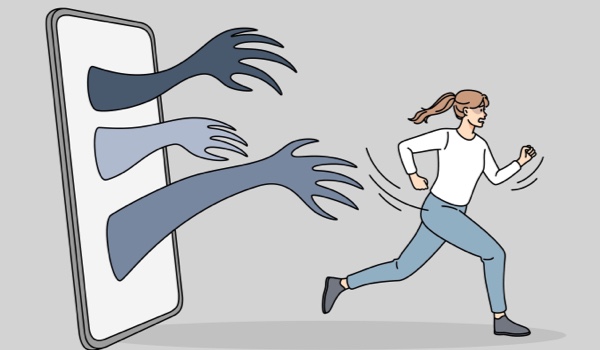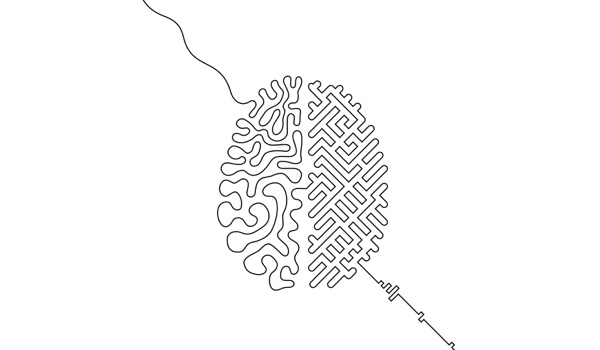


CAMBRIDGE - Friends of mine working in arts and humanities have started doing something unusual, at least for them: poring over data. This is due to the pandemic, of course. Each day, they check COVID-19 case numbers, how slowly or quickly the R factor is declining, and how many people in our area got vaccinated the day before.
Social media meanwhile are awash with claims and counterclaims about all manner of other data. Is global poverty declining or increasing? What is the real level of US unemployment? The scrutiny, sometimes leading to tetchy arguments, results from a desire to cite or challenge the authority of data to support their position or worldview.
But in other areas where data are used, remarkably little focus rests on its reliability or interpretation. One recent striking example concerns the ‘CAPTCHA' tests designed to protect websites against bots, which ask you to prove your humanity by identifying images containing common features such as boats, bicycles, or traffic lights. If your choice, even if correct, differs from that of the machine system using your selection to train an image-recognition algorithm, you will be deemed inhuman.
In this example, the machine’s error is obvious, though there is no appeal against it if you want to access the website it is guarding. But in other cases, it may not be possible to identify what conclusions either machine learning (ML) systems or human analysts are drawing when they place more weight on data than they can bear.
Economists are rushing to embrace the use of big data in their research, while many policymakers think artificial intelligence (AI) offers scope for greater cost-effectiveness and better policy outcomes. But before entrusti
The content herein is subject to copyright by Project Syndicate. All rights reserved. The content of the services is owned or licensed to The Yuan. The copying or storing of any content for anything other than personal use is expressly prohibited without prior written permission from The Yuan, or the copyright holder identified in the copyright notice contained in the content. Continue with Linkedin
Continue with Linkedin
 Continue with Google
Continue with Google










 2581 views
2581 views







